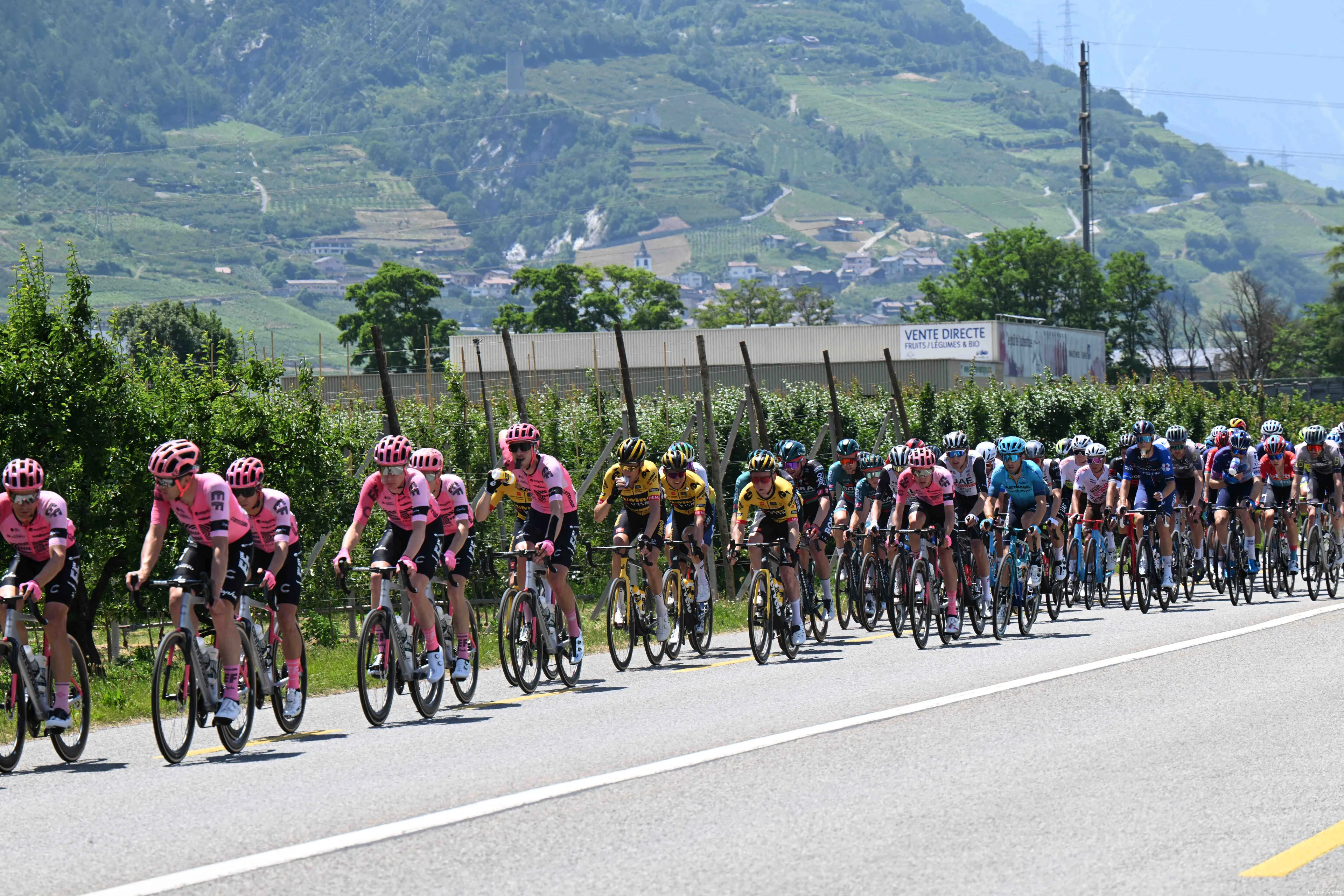“We cannot accept such long delays" - Demands made for UCI to address ketones and carbon monoxide usage for "the credibility of our sport"
CyclingSaturday, 16 November 2024 at 11:00

There are few hotter topics in the cycling world currently than the controversial usage of ketones and carbon monoxide for performance gain. The MPCC (Movement for a Credible Cycling) has now called on the UCI to address their ongoing concerns on the matter.
"The issue of ketones is more problematic than ever, and it is sadly clear that the results of the studies commissioned by the International Cycling Union (UCI) on the subject are still awaited, putting cycling and the members of the MPCC in an embarrassing position," reads a very strongly worded statement on the MPCC's official website.
Read also
"It was in 2019 that the word ‘ketones’ was first mentioned at MPCC meetings, following a Belgian study, and its members were concerned about the health risks and the potential performance enhancement that the use of this compound could bring. This complex issue is a perfect illustration of the DNA of our movement," the press release continues. "Our members want to protect their riders and their employees, and regularly make the strong choice to decide, on a voluntary basis, that it is not just the rules of the authorities that should determine what we want our cycling sport to be. This is the raison d’être of our movement : its way of dealing with grey areas."
As mentioned though, the MPCC are far from impressed by the UCI's work in relation to rider usage of ketones. "It would appear that the UCI does not plan to announce the results of impact assessment of ketones on health and performance until the end of 2025. We cannot accept such long delays, given the public health issues at stake and the credibility of our sport," they demand. "Either the UCI is certain that the use of ketones is acceptable and must make this known in a clear and precise communication. Or it is not and must state loud and clear that the institution does not recommend their use, or even that it prohibits it."
Alongside ketones, carbon monoxide is again a cause for concern for the MPCC. "With the health risk (potentially fatal), the complex and artificial technical aspect (misuse of technical and therapeutic means to artificially create physiological changes), and the world anti-doping code in force, the MPCC can only and strongly advise against the use of this technique… until it’s banned," they state.
Read also
🇫🇷 Le 28 octobre, le MPCC a tenu sa 18e Assemblée générale avec un nouveau mot d'ordre commun : "être acteur de la lutte antidopage". D'autres sujets importants et cruciaux pour l'avenir de notre sport y ont été évoqués. Voici le communiqué de presse résumant les positions du…
— MPCC (@MPCC_Cycling) November 8, 2024
1 Comments

